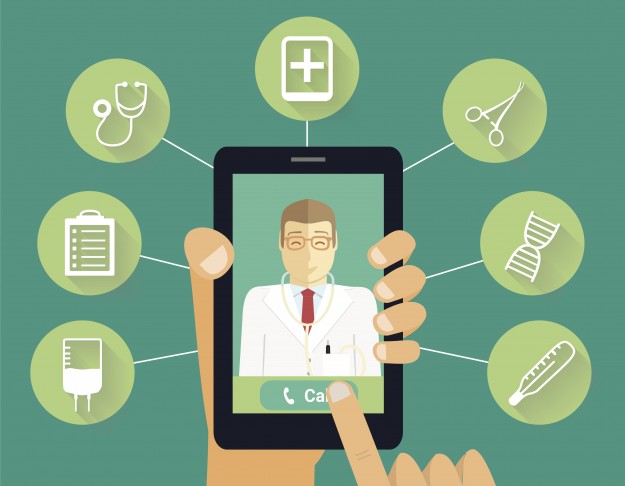Each year at Johns Hopkins Medicine International’s Partners Forum, leaders from our global affiliates discuss ways to improve health and health care for the collective good. This year’s theme, “The Evolution of Health Care: Predictions and Practices in a Changing Environment,” helped us better understand the context and landscape of health care today.
We wrestled with some of health care’s most critical challenges and examined what we can do better to ensure patients receive the information and medical care they need to live in better health.
Here we continue the discussion about urgent topics in international collaborative health.
Measuring Outcomes
What we do for patients doesn’t matter if it doesn’t improve their health or comfort.
Mortality. Readmission. Patient experience. We need to pay attention to these outcomes if we’re going to make high-quality patient care more accessible across health settings.
Transforming health care systems worldwide requires assessing quality accurately—and measuring and reporting patient outcomes in a standardized way. We need detailed data to reveal exactly where systems are broken and hard evidence to show what kinds of medical care will make the biggest improvements.
If physicians make decisions based on outcomes and compare the results of treatments, they can reduce health care costs by preventing errors and unnecessary tests or procedures. As a result, patients will be more likely to receive the right care at the right time.
Physicians can also use data on the success of treatments to evaluate how they’re doing compared to their peers worldwide. In turn, this gives physicians a unique opportunity to learn from one another and improve the way they provide care.
A growing group of interdisciplinary researchers—including many at Johns Hopkins and our affiliates—are implementing initiatives to assess how they provide treatment to ensure the best possible results for patients—the ultimate measure of success.
Two years ago, Hospital Moinhos de Vento (HMV), our Brazilian affiliate, began aligning its goals with objective measures of how successful various treatments are on improving patient health. The hospital established teams to measure the quality of care by recording as much data as accurately as they could and then performing detailed analyses to determine what works best for patients with a variety of diagnoses.
Seeing the benefits of focusing on patients’ end results, HMV’s leaders opted to implement the International Consortium for Health Outcomes Measurement’s global standard sets and methodologies to make the most of the data they collect and to objectively measure the success of the care they provide.
Today, HMV is transforming the health care it provides by applying these standards—streamlining its operations and improving long-term patient results.
Leveraging Technology
As we look to the future of health care, we must continually explore ways to leverage innovations to deliver the highest-quality, safest and most cost-effective care to our patients.
Telemedicine—sending medical information from one site to another via cell phone, iPad or other electronic devices—is transforming the delivery of health care beyond traditional face-to-face interaction. Johns Hopkins and its affiliates are among the many providers who are using telemedicine to connect physicians with patients around the world.
The technology enables physicians to extend their reach and improve their effectiveness while maintaining a high standard of care and attention to patient safety. Additionally, it saves patients the time and cost of unnecessary travel.
Johns Hopkins’ Office of Telemedicine helps get clinical services to patients and providers when and where they need them. The office coordinates Johns Hopkins’ virtual care initiatives, such as video patient appointments and expert consultations and remote patient monitoring.
For example, patients picking up medications at Johns Hopkins pharmacies can speak to a remote specialty pharmacist for advice about mixing and administering medications such as chemotherapy treatments they take at home.
Johns Hopkins nurses coordinate patients’ home care services by using digital platforms so patients can report daily vital signs such as weight, heart rate and blood pressure.
Johns Hopkins teams are evaluating the current IT infrastructure and technical support needed to develop a telemedicine program at Johns Hopkins Aramco Healthcare in Saudi Arabia. As part of the process, they are focusing on in-demand medical specialties that will have the biggest impact on expanding patients’ access to quality care and streamlining the process from diagnosis to treatment.
Initiatives like these help extend clinical expertise while delivering the same quality of care as the in-person experience. In this way, telemedicine is an ideal use of technology to improve the health of individuals and communities, regardless of where they are in the world.
